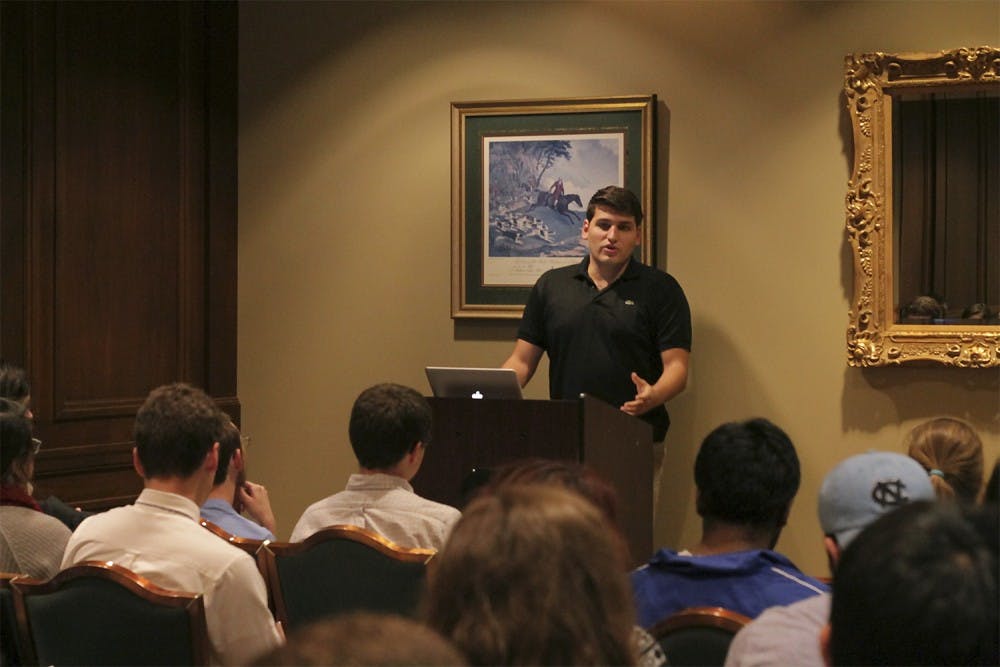After obtaining enough signatures, candidates will campaign on a budget of $15 during the first week in November.
Board of Elections chairman Alex Piasecki said the campaigning won’t be as prevalent as during the general election.
“You won’t see it as much here in special elections because your campaigning only reaches your district,” Piasecki said. “Mainly word of mouth and speaking to peers.”
Students will vote Nov. 7 for their district representatives on the Union’s “Student Life” website. The 18 vacant positions cover seven districts, and 12 of the vacancies are from graduate student districts.
“They might feel like we aren’t inviting them,” said Brad Dunnagan, the Ethics Committee chairman.
“Because it’s predominantly undergrads in leadership right now. In fact, the last two ethics chairs were grad students.”
Piasecki said several graduate students have already expressed interest in running for the special election, and he is hopeful this election will fill the vacancies. He also said the special election is an opportunity to prepare for the campus-wide spring election.
“We do this election, we learn from this election and we implement it in our spring election,” Piasecki said. “That’s our big election. That’s when there will be a lot of campaigning, disputes and close races.”
Students who did not attend Thursday’s interest meeting are not eligible to run on the ballot, but students can still be elected through a “write-in” campaign.
“On election day, (voters) write in your name,” Dunnagan said. “I’ve known a few people that have done it.”
To get the day's news and headlines in your inbox each morning, sign up for our email newsletters.
Student Congress also manages the voting process for UNC Homecoming Court, so both congressional and Mr. and Ms. UNC candidates will appear on the Nov. 7 ballot.
university@dailytarheel.com




